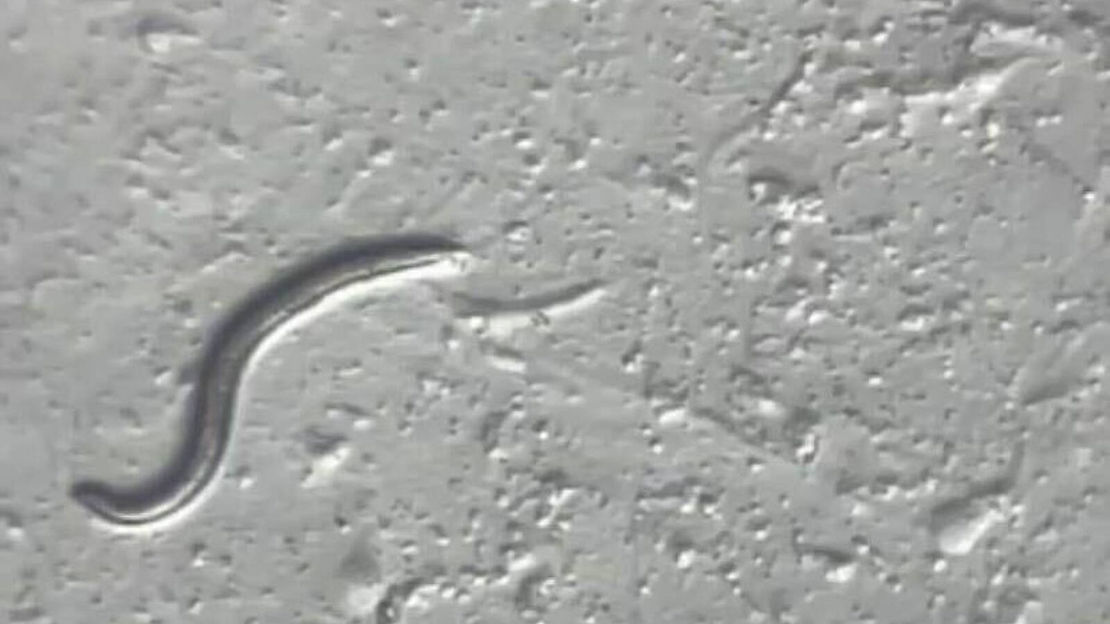By: Eric Xu
Worms, also known as nematodes, have been revived in Siberia after 46,000 years. This discovery is huge, and may be life-changing for humans. Although this may be a revolutionary discovery and help stop life momentarily, it may also be dangerous and cause other different microorganisms to exist again.
In Siberia, lots of land is frozen. Some scientists have thawed the ice, revealing nematodes, which still wriggled around upon retrieval. “Using radiocarbon dating, researchers determined the specimens were frozen between 45,839 and 47,769 years ago, during the late Pleistocene.” (New York Times, 2023) If humans had the ability to pause life for thousands of years like the nematodes, we would also be able to restart it later. This could be very powerful, and could help stop many from dying. If someone is sick with a disease that has no cure, they could wait until there is one, and then be unthawed. “By looking at and analyzing these animals, we can maybe inform conservation biology, or maybe even develop efforts to protect other species, or at least learn what to do to protect them in these extreme conditions that we have now.” (Cnn News, 2023) This may not be of practical use right now, but ultimately we may be able to learn something and use it to its full benefit. Even though these future benefits may be important, this power may also be dangerous for humanity.
Global warming is currently a major concern. Heat waves have been plaguing the world, and record high temperatures are being recorded in the United States. This alone may be a big issue, but the possibility that it may unfreeze ice in Siberia and release new ancient worms may be much more dangerous. “They survived for less than a month but have since spawned more than 100 generations of new worms.” (Sky news, 2023) This mass reproduction could be very harmful for humans because no one knows what viruses they may spread if they escape from research laboratories. If these tough creatures are able to survive the freezing temperatures of Siberia and Antarctica, there is a possibility it may be a threat to humans. Also, because they survived for so long, they may bring back different viruses and molecules back to us, which may be deadly for us.
It is unknown how these worms will affect humans in the next several years, but they could have positive or negative effects . They may be a revolutionary cure to stop and preserve life, or it may be the cause to another dangerous world-wide disaster.











